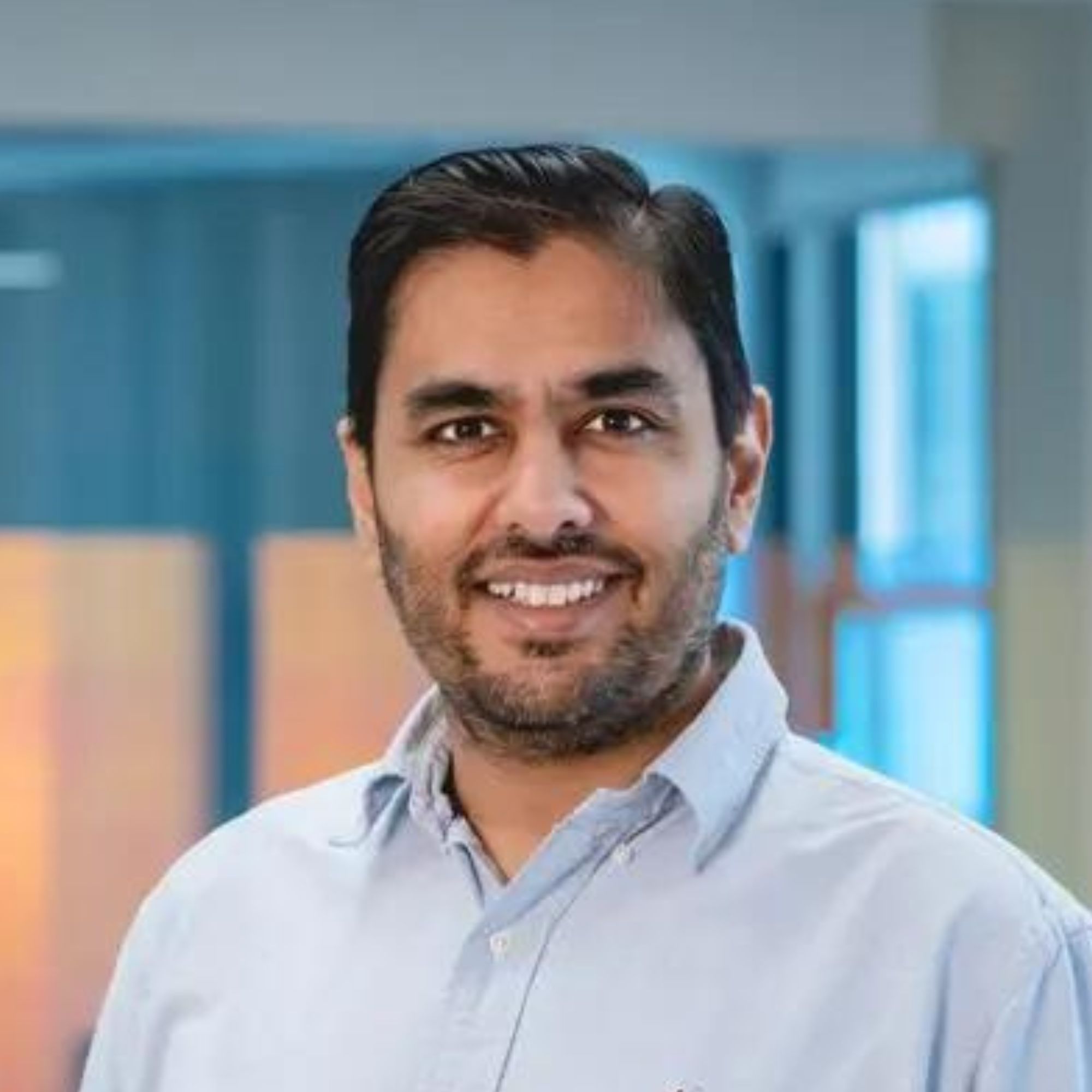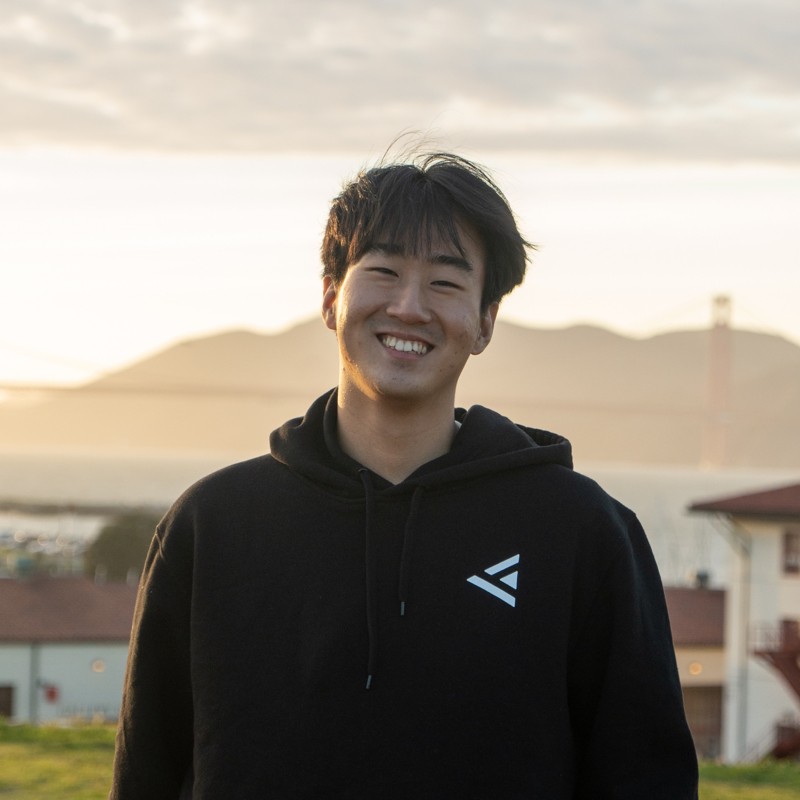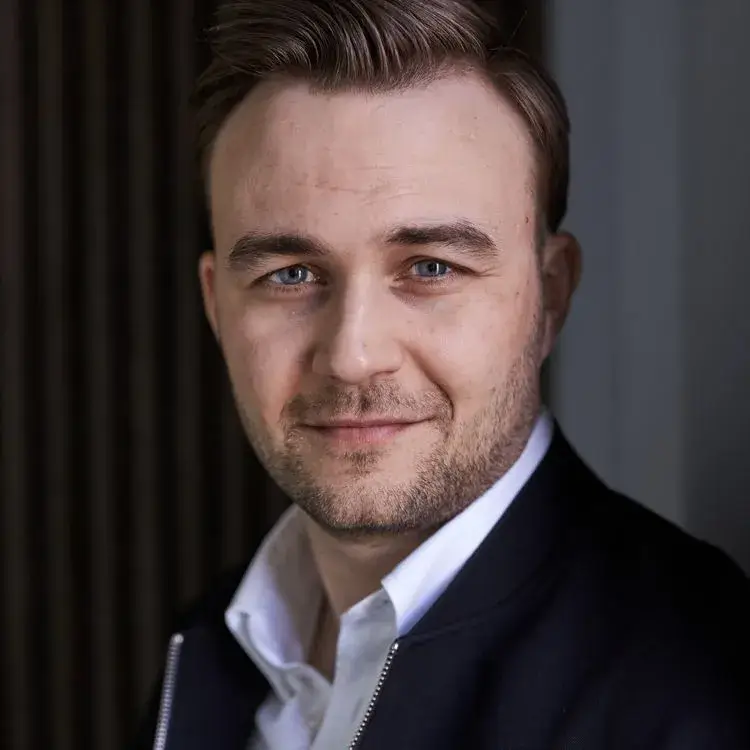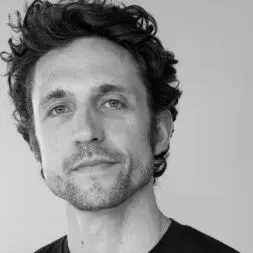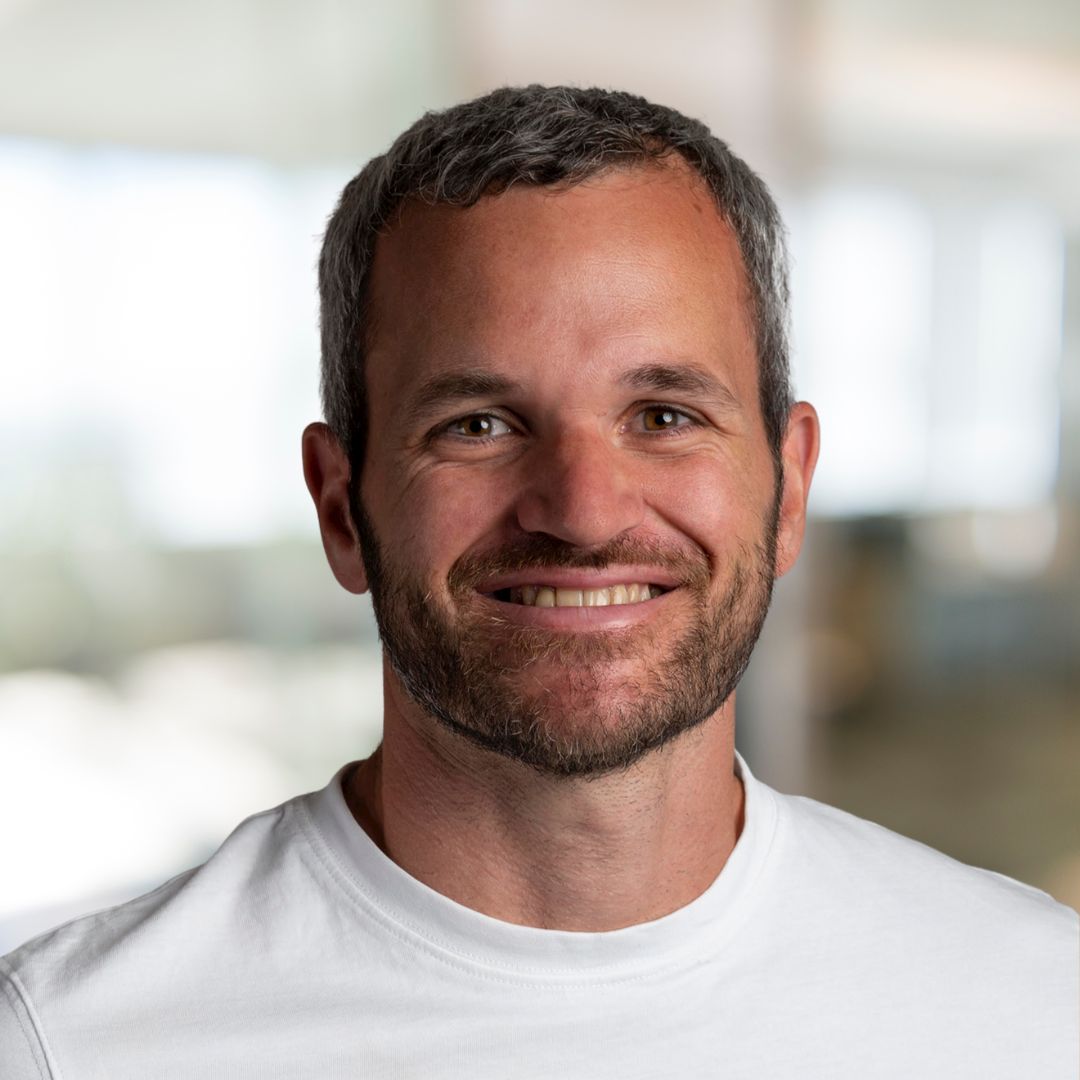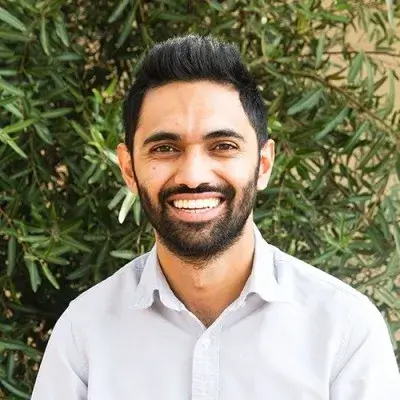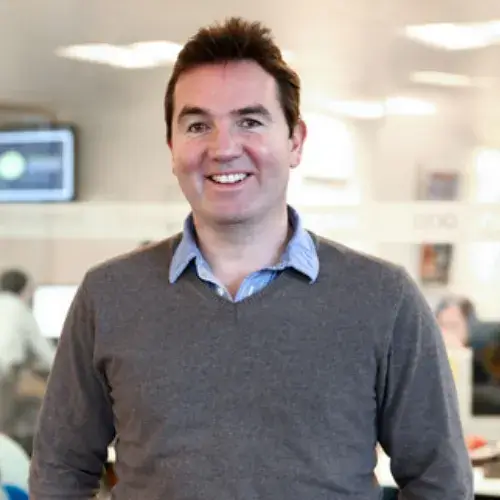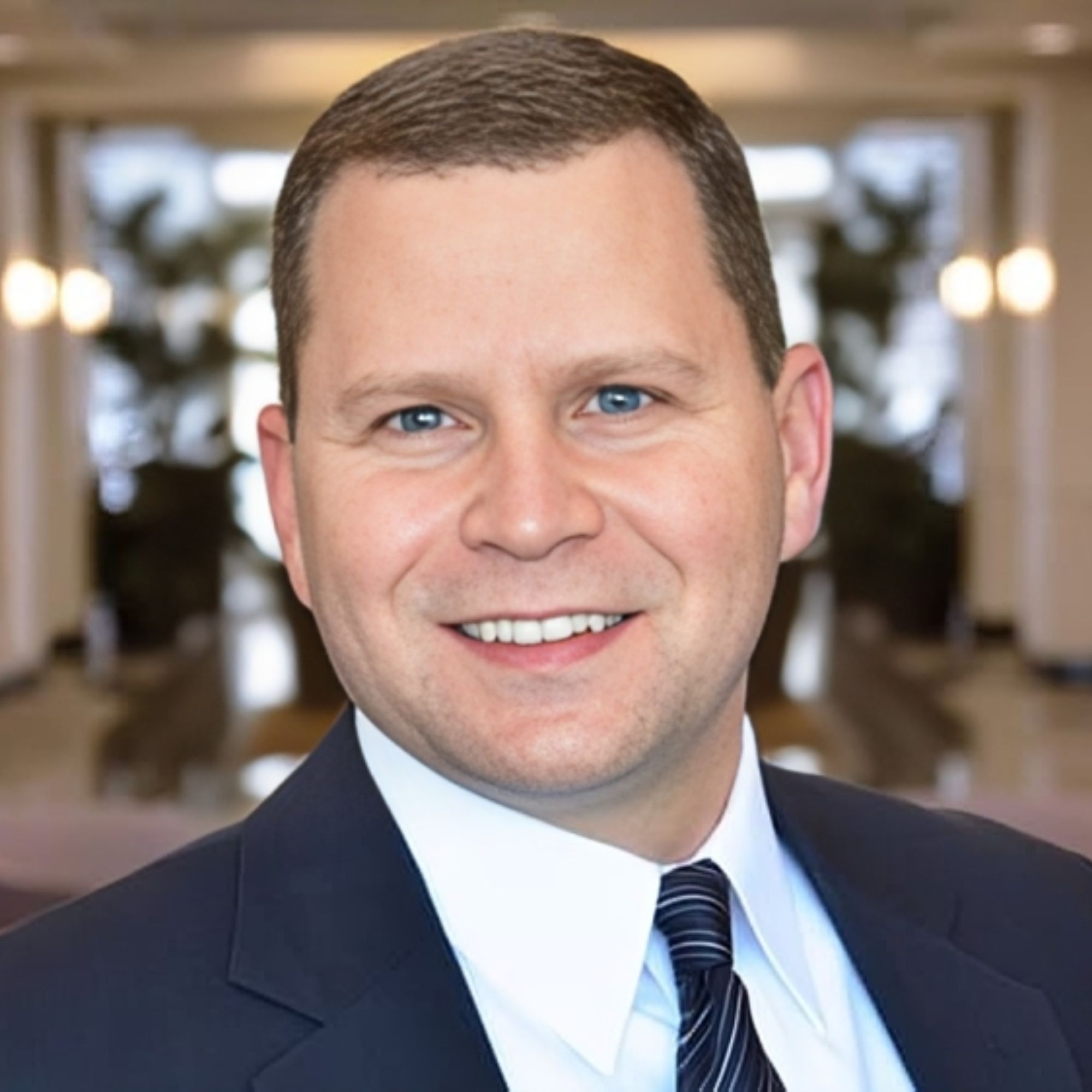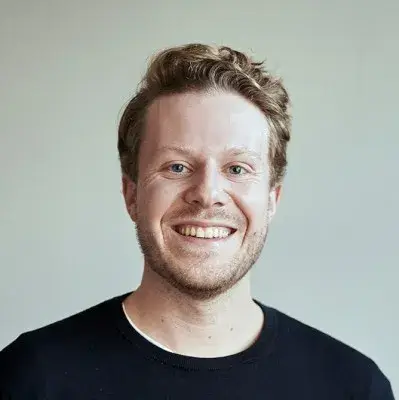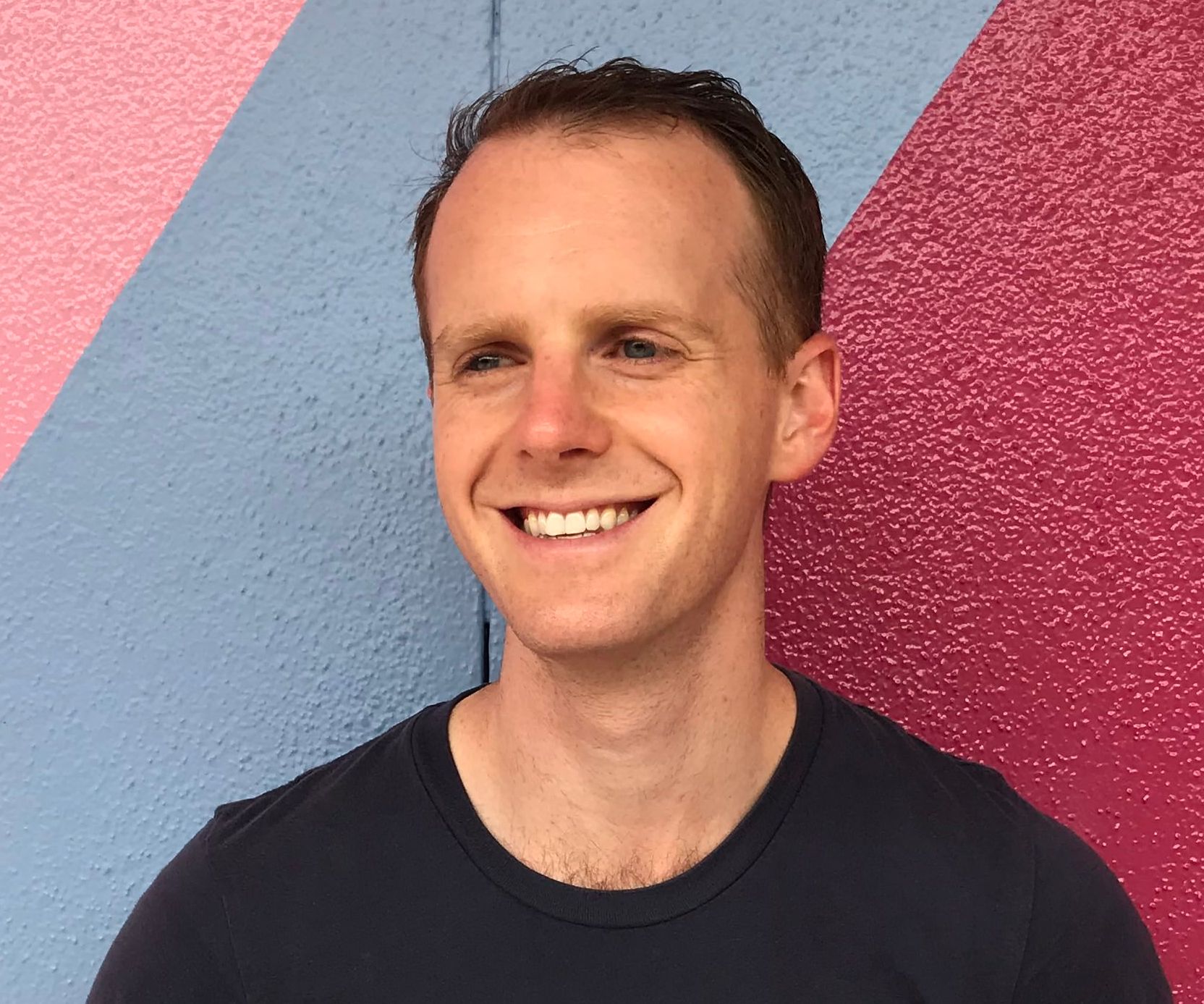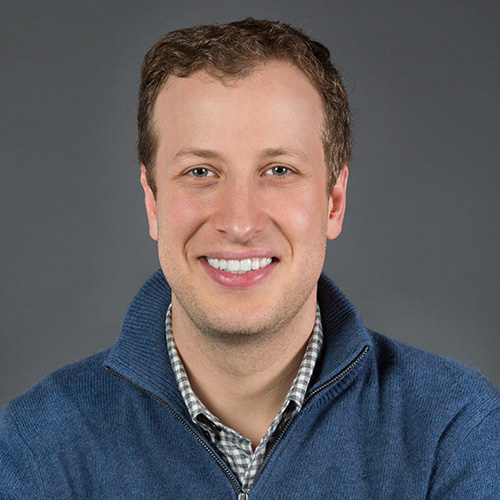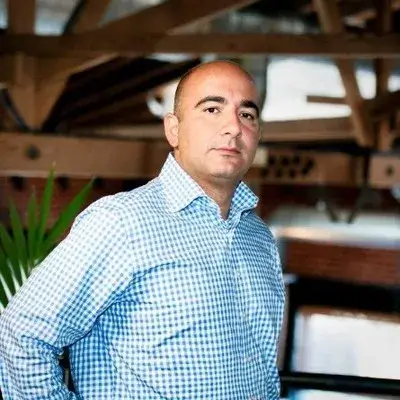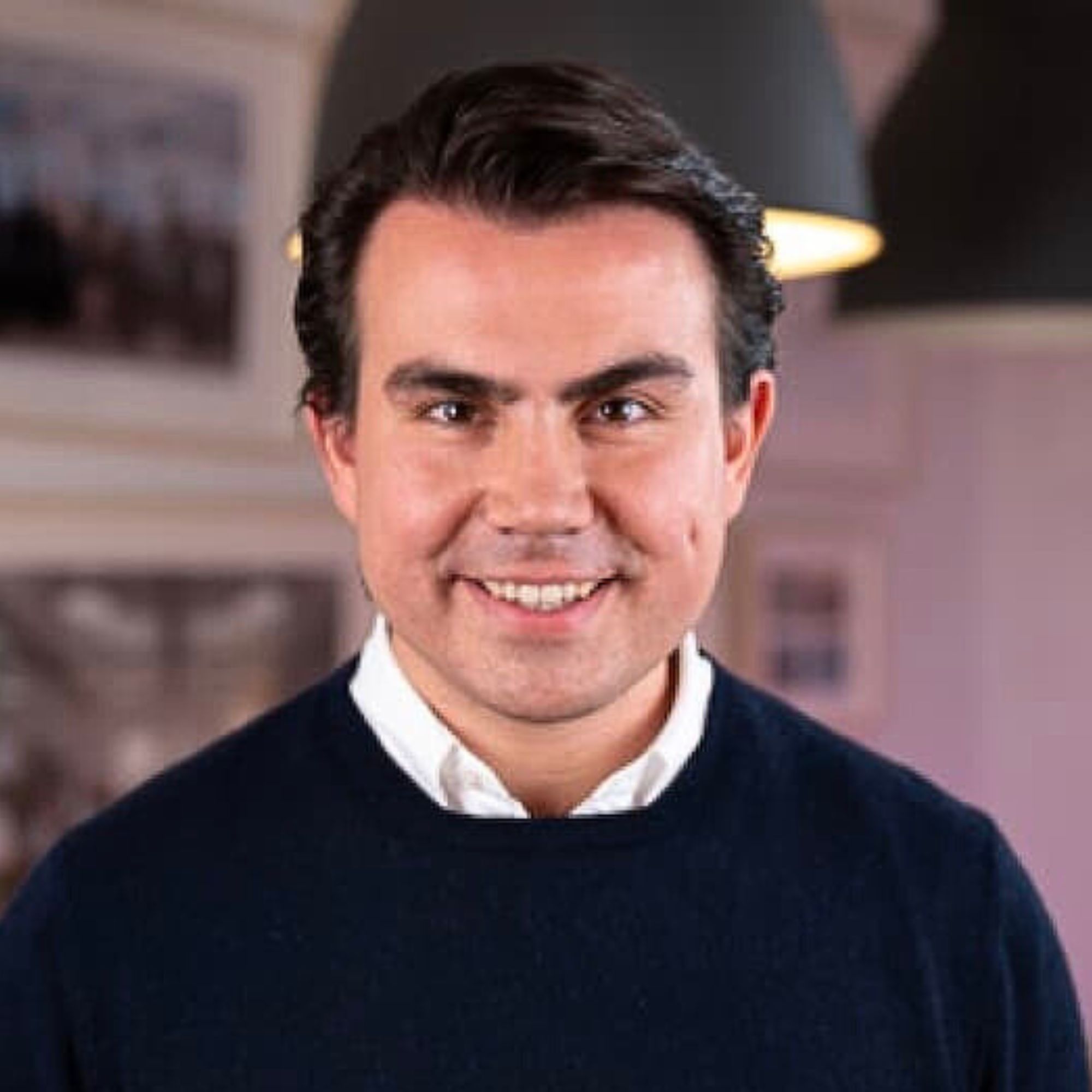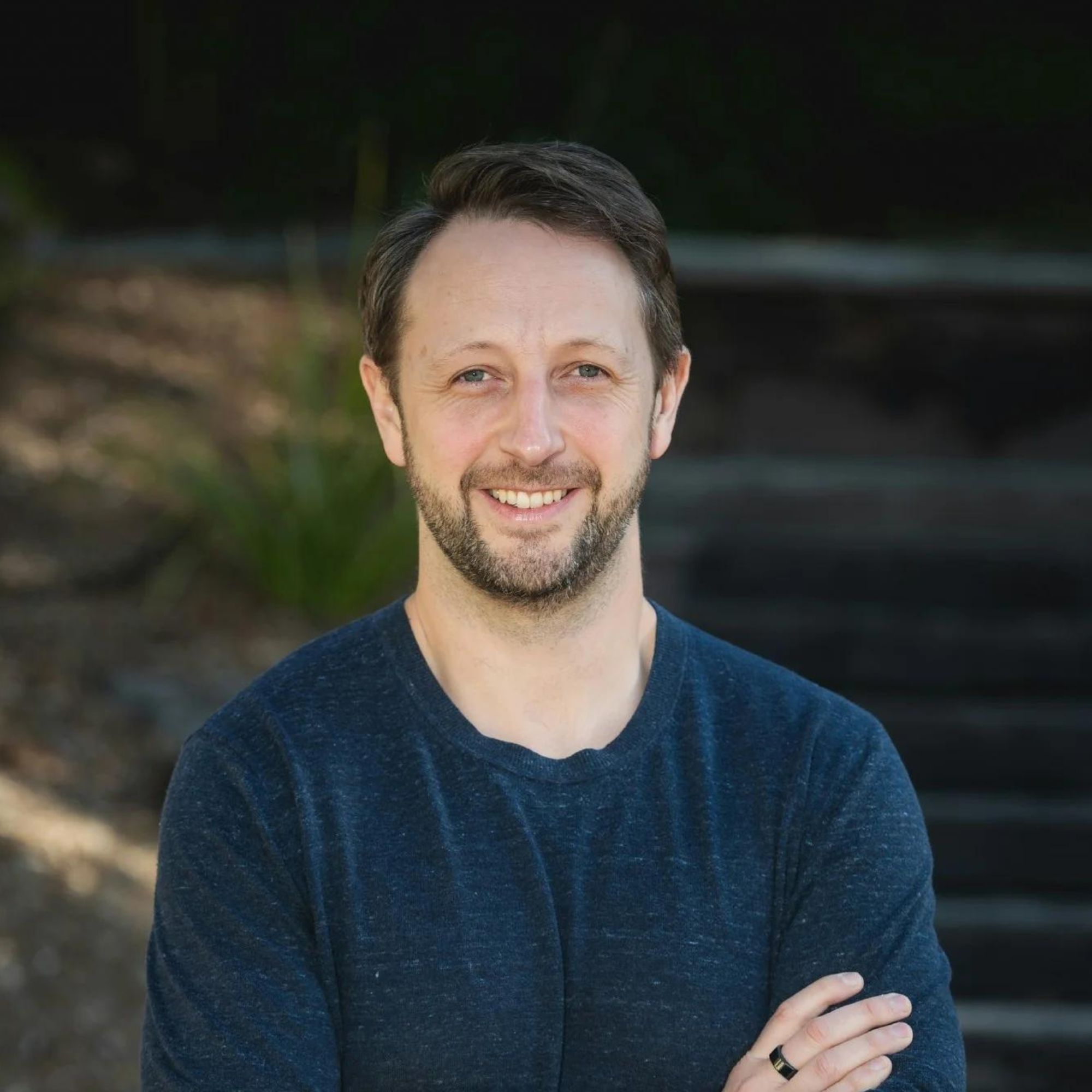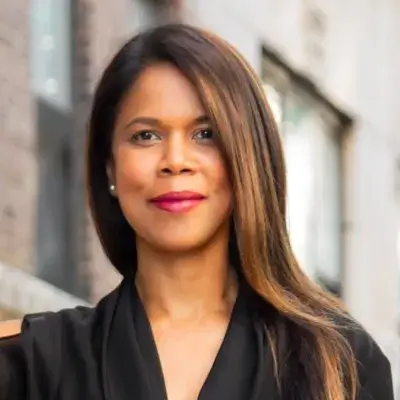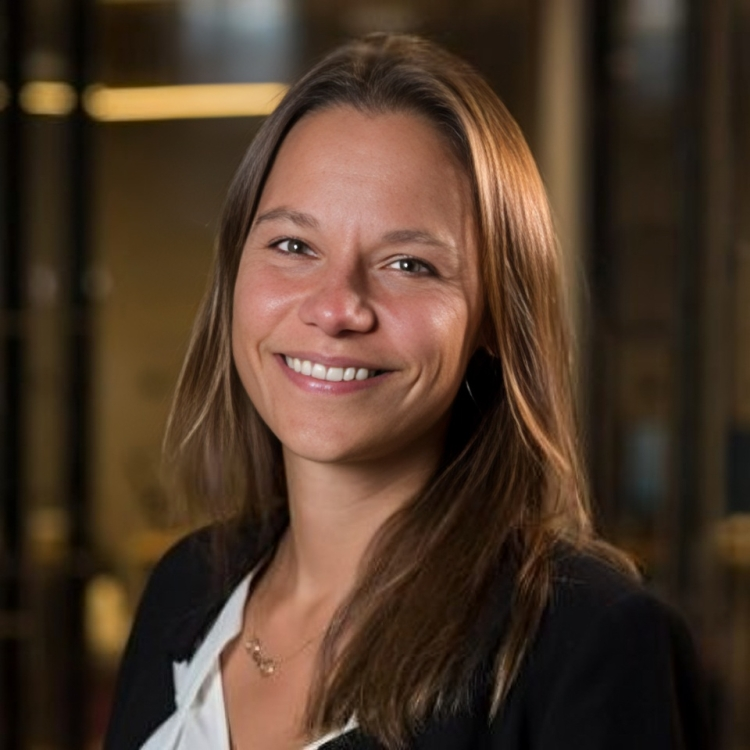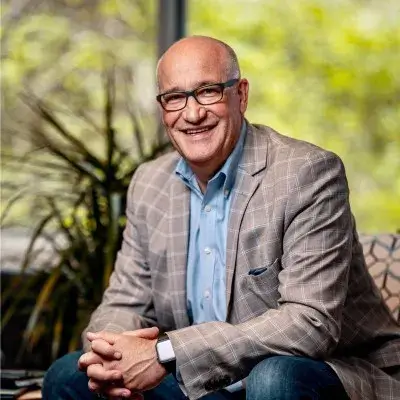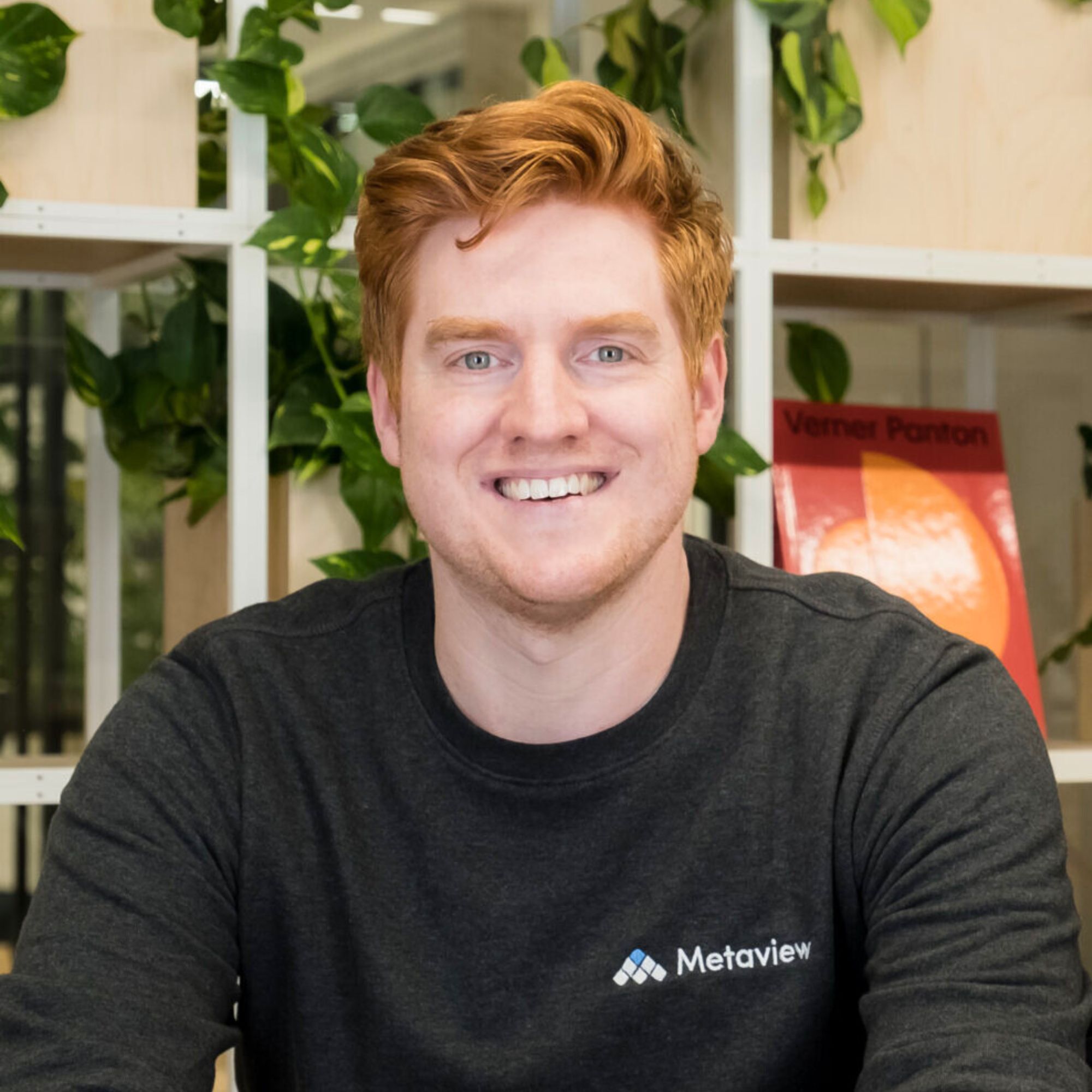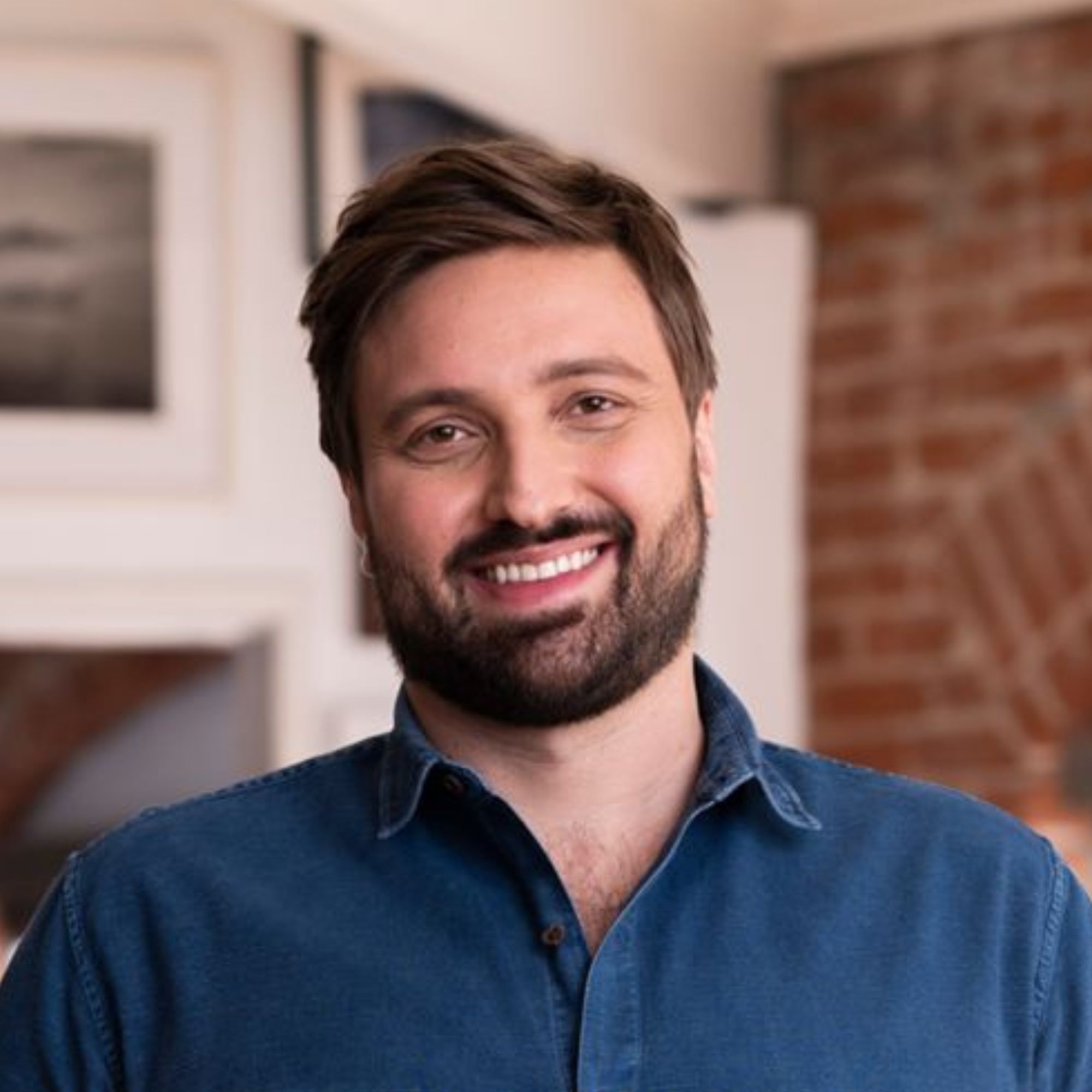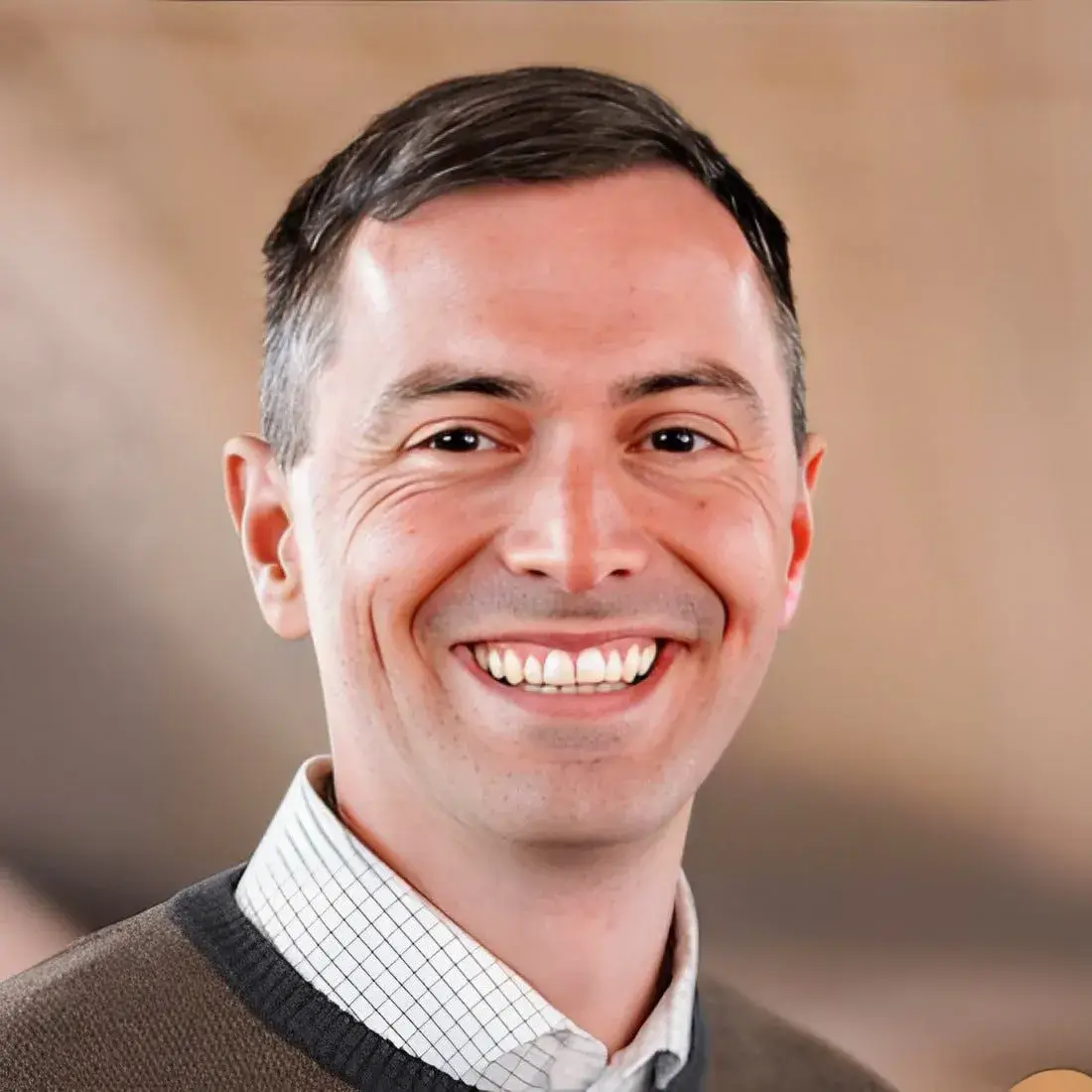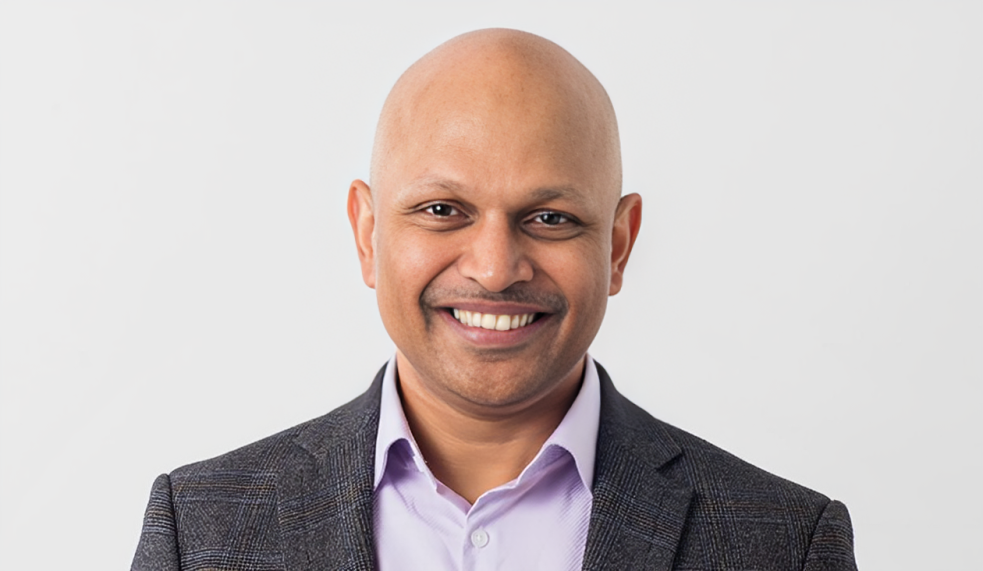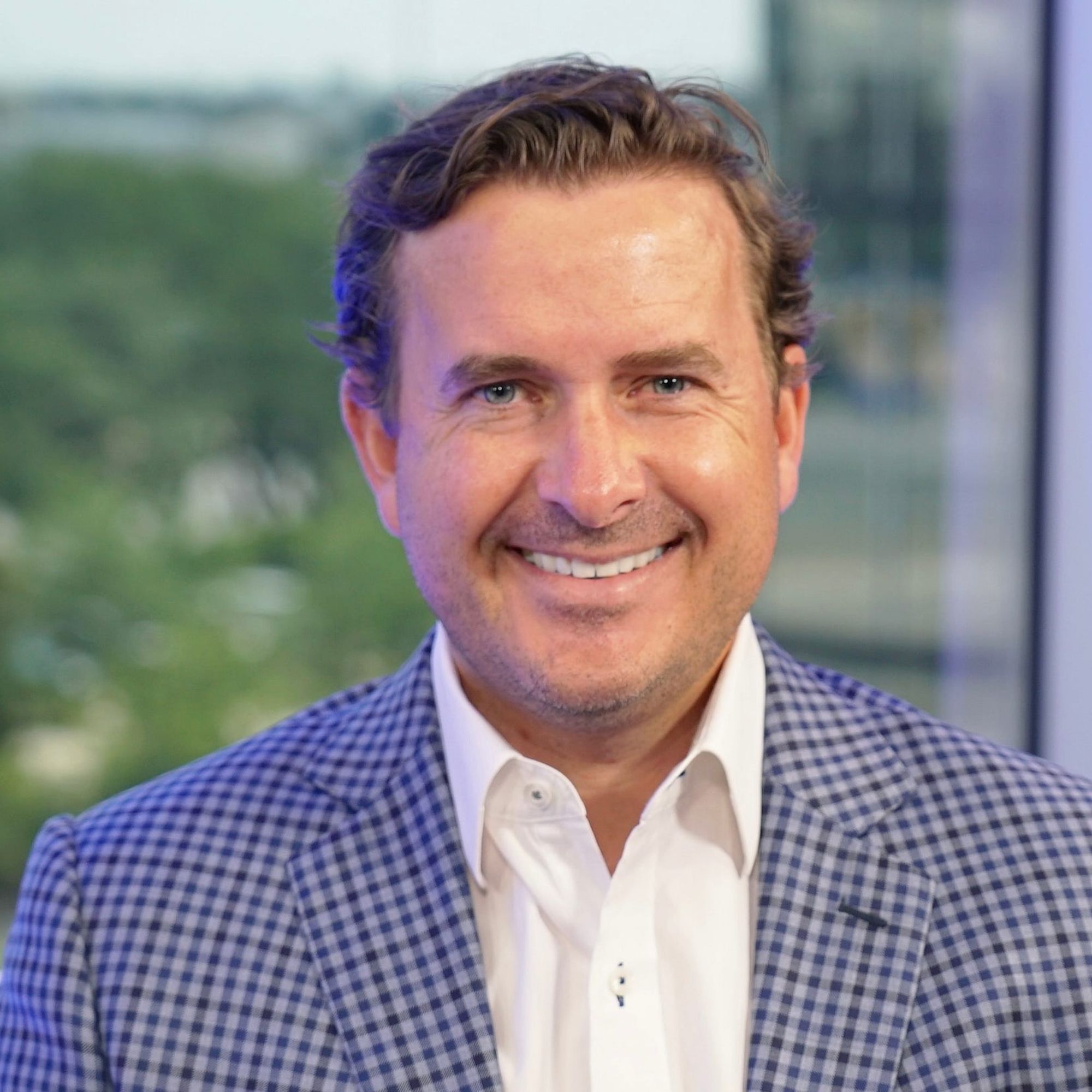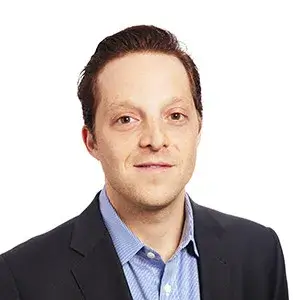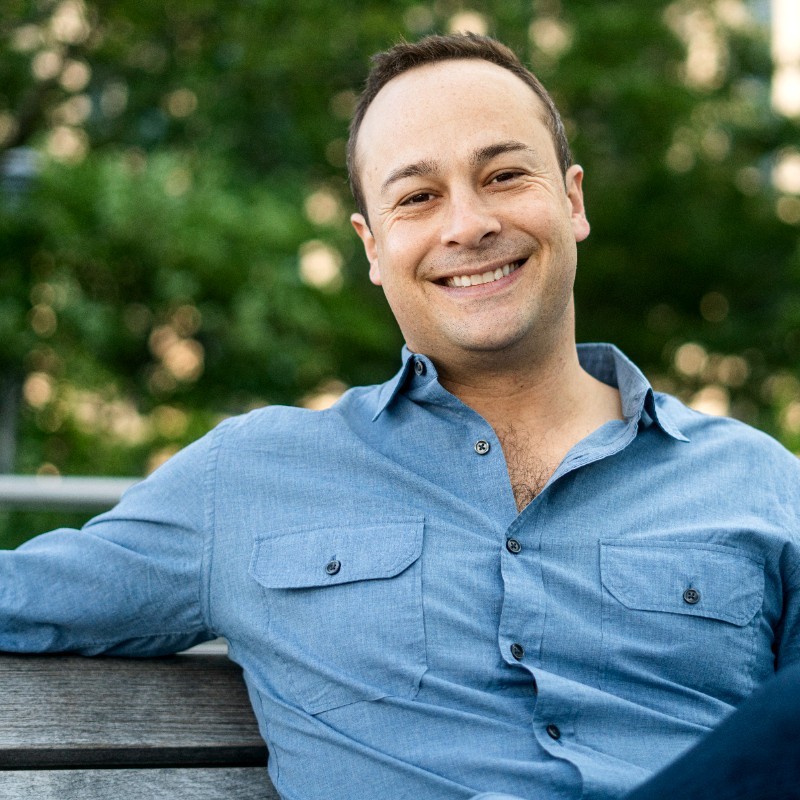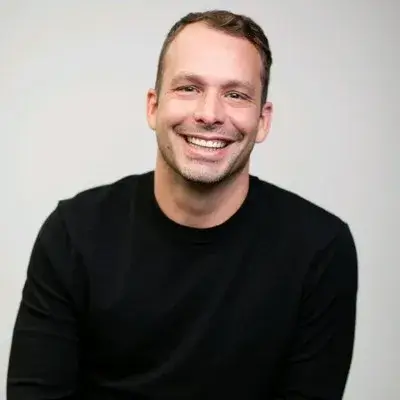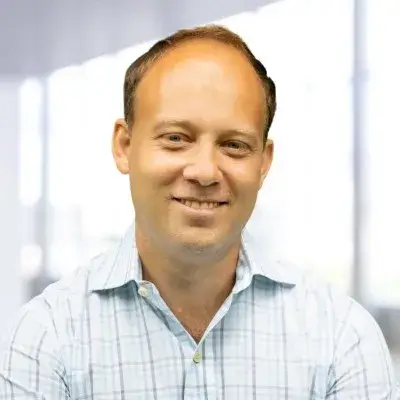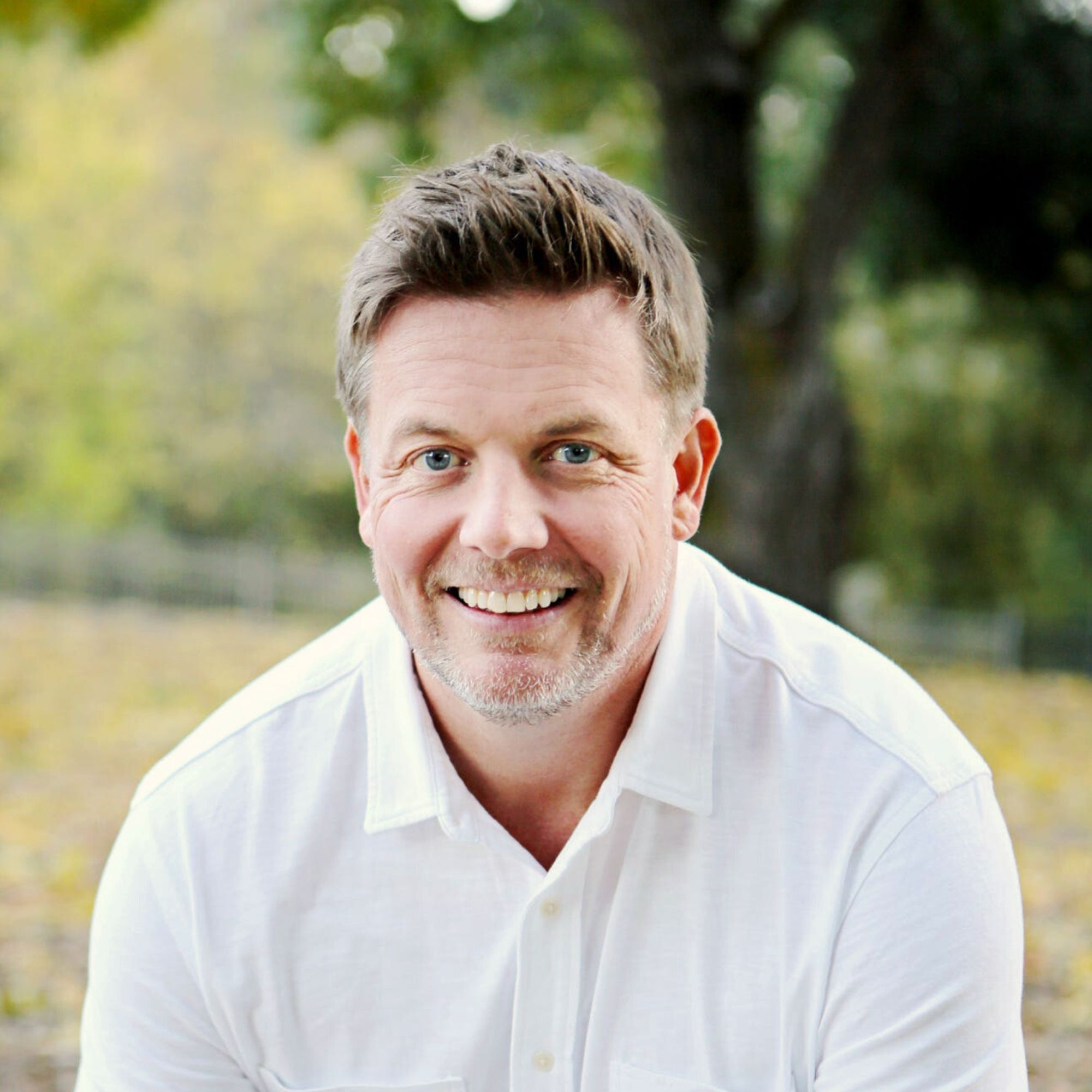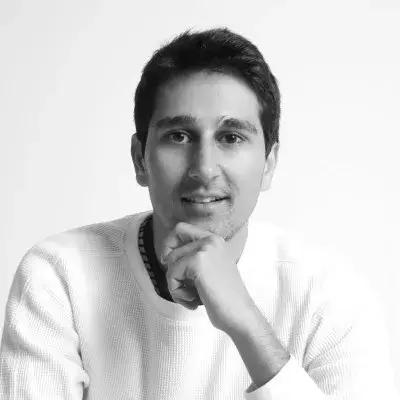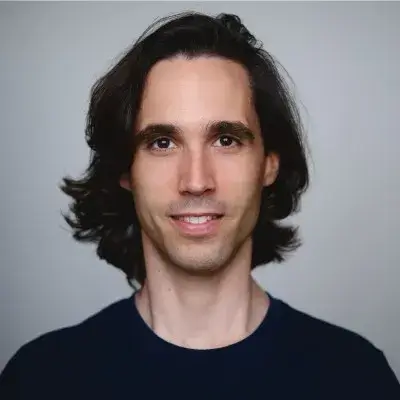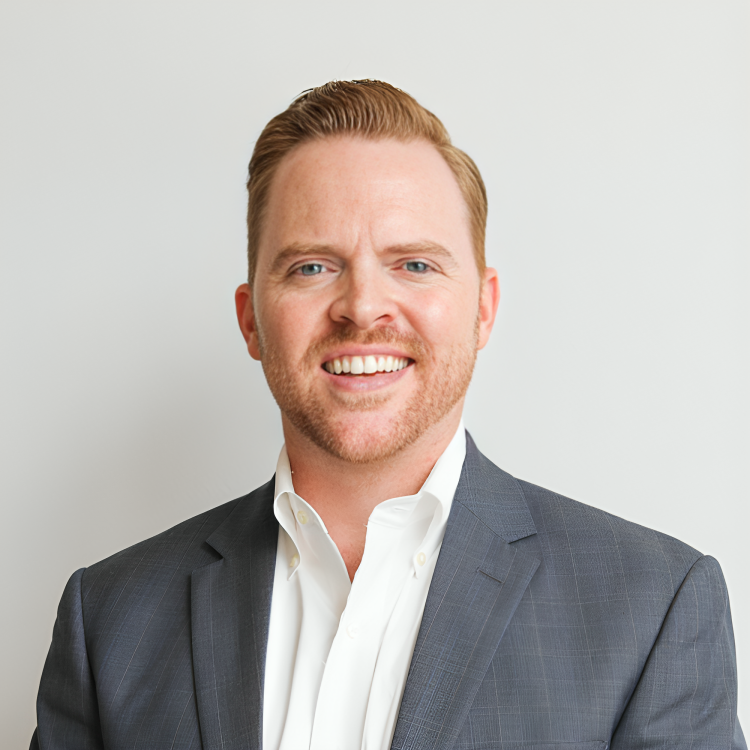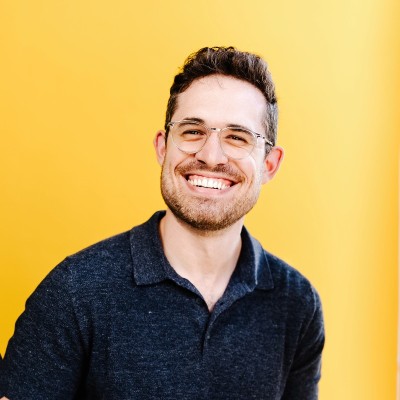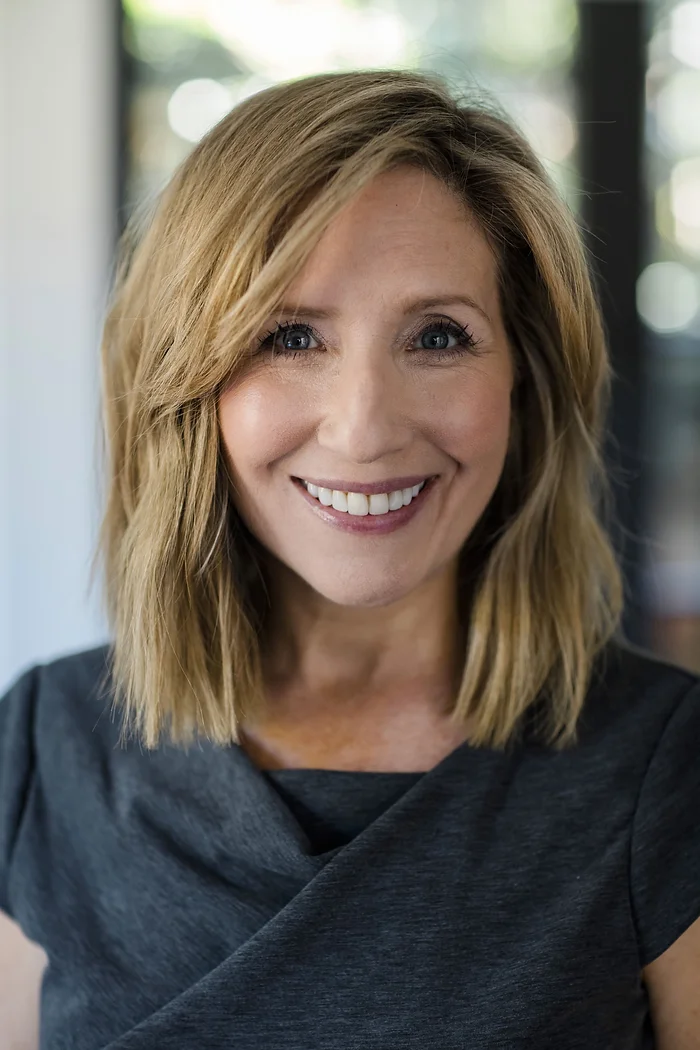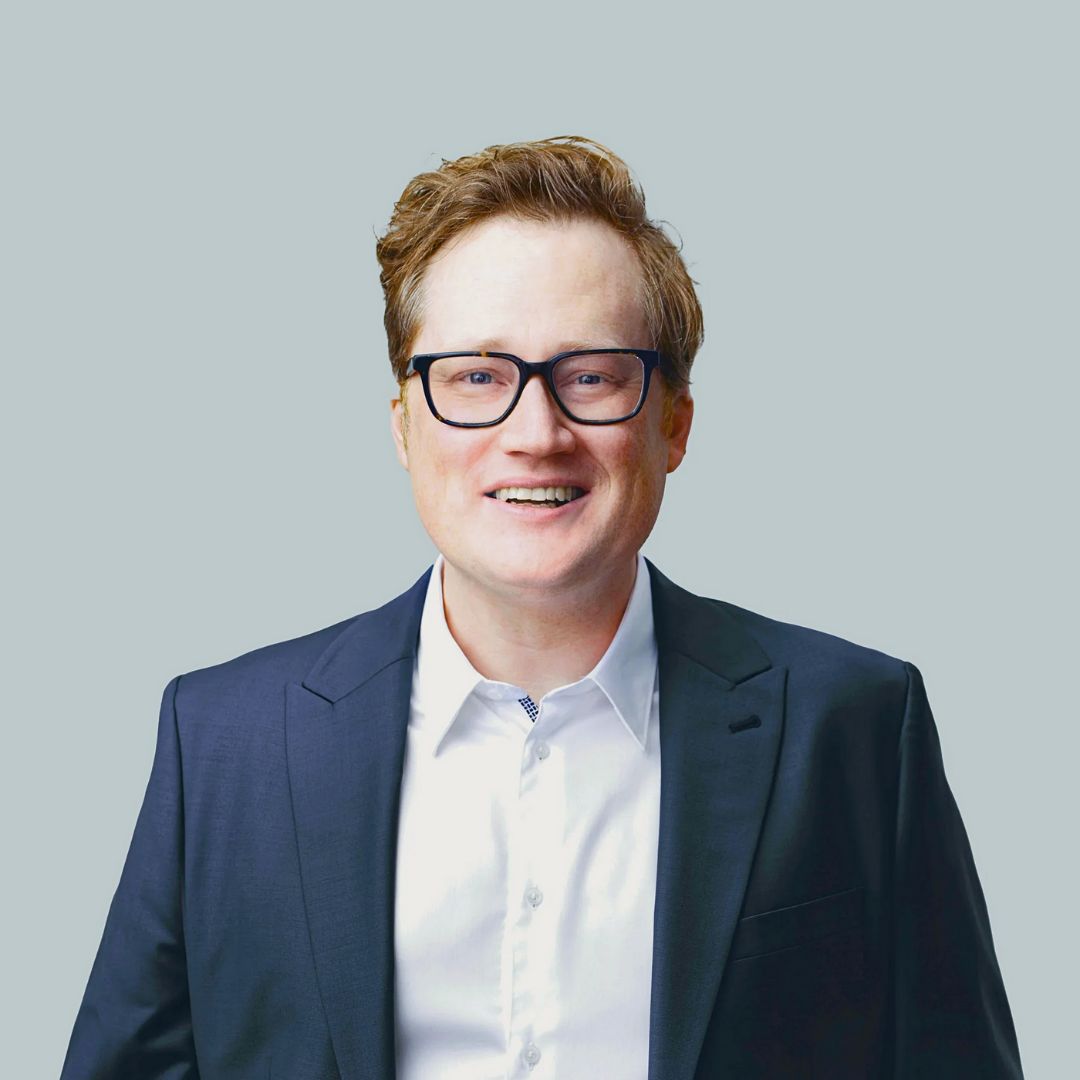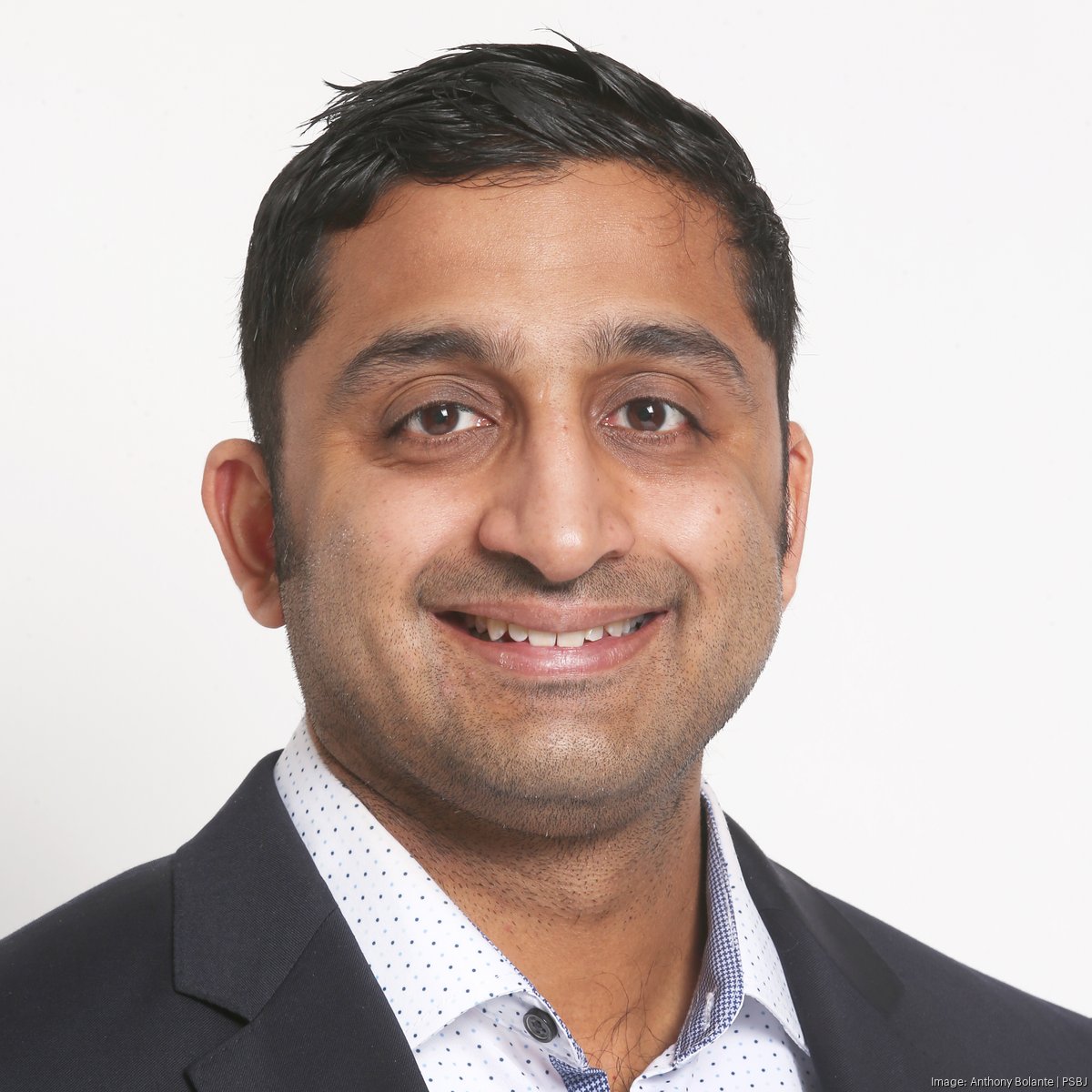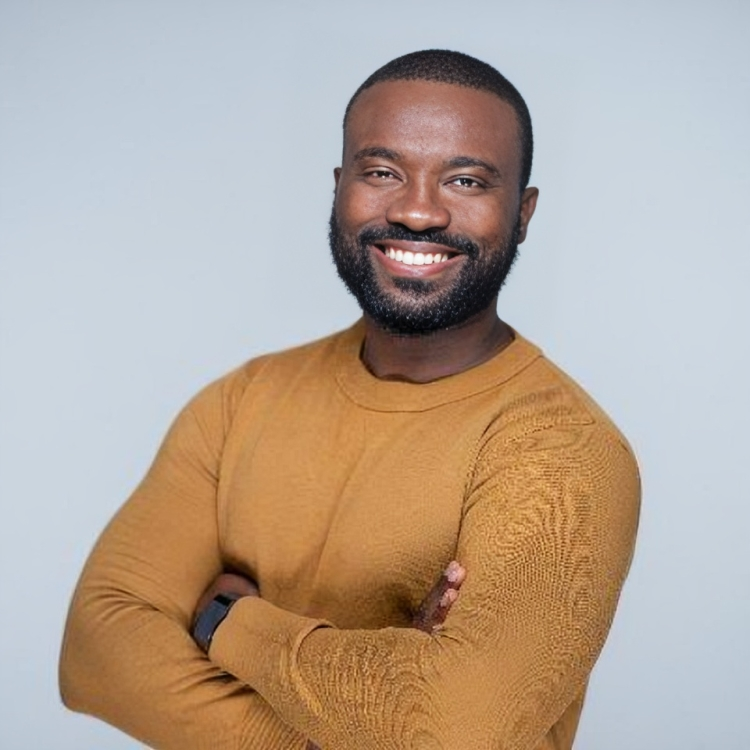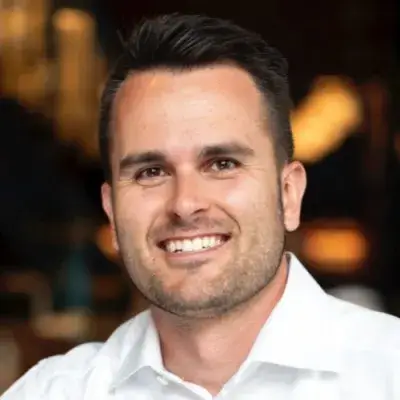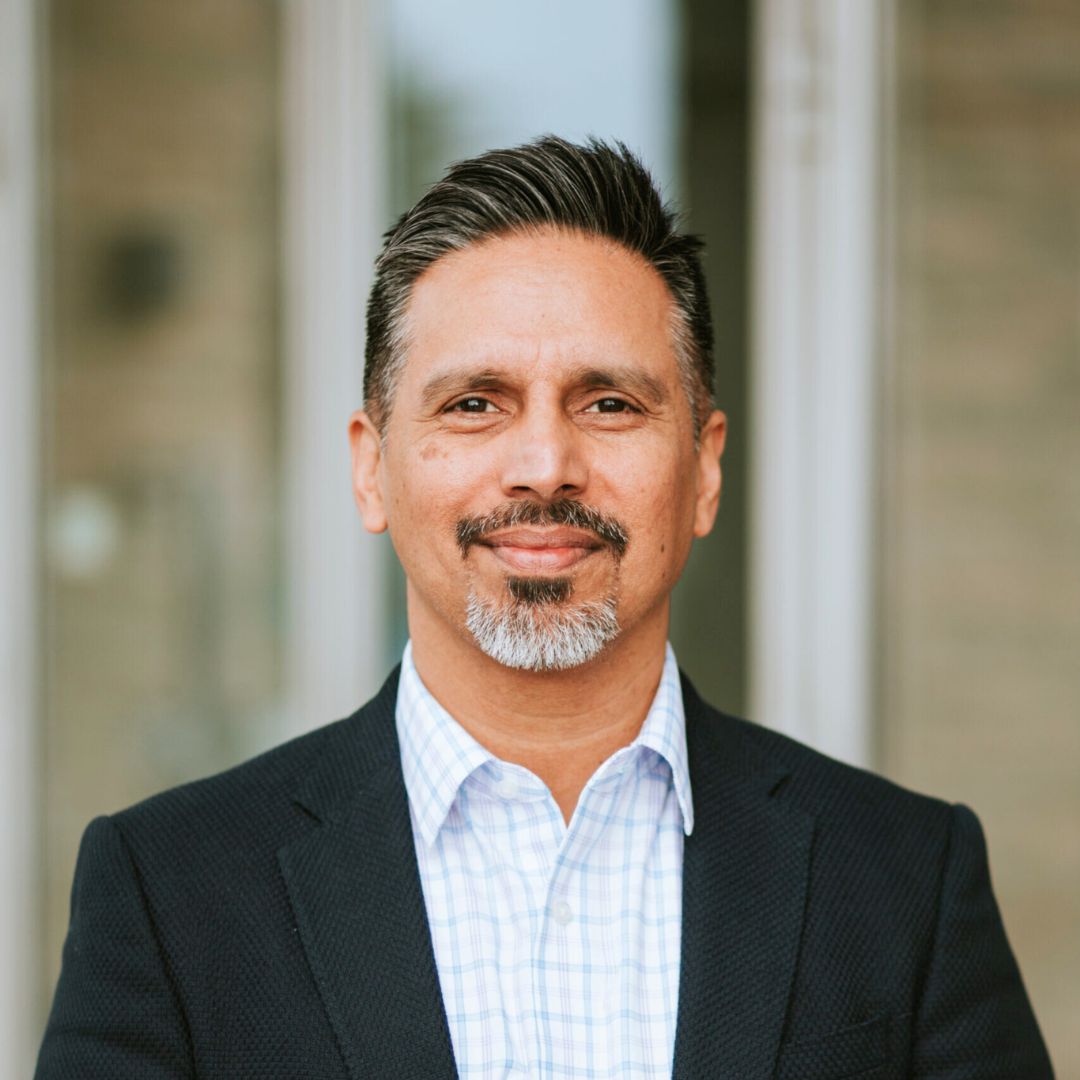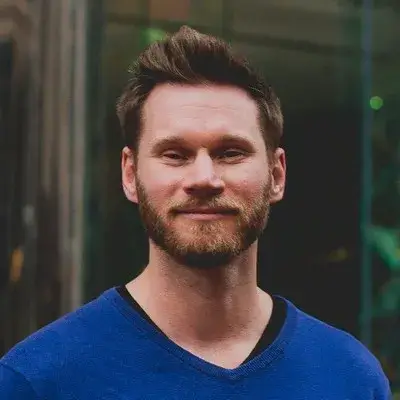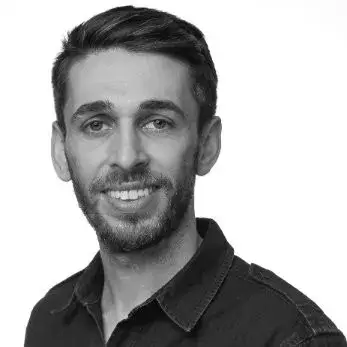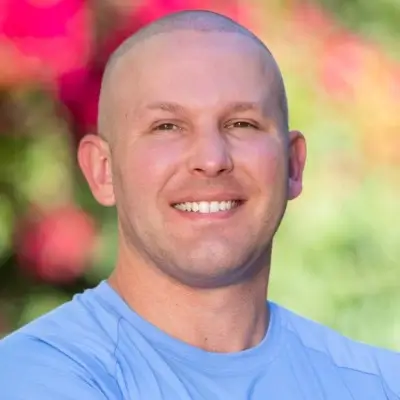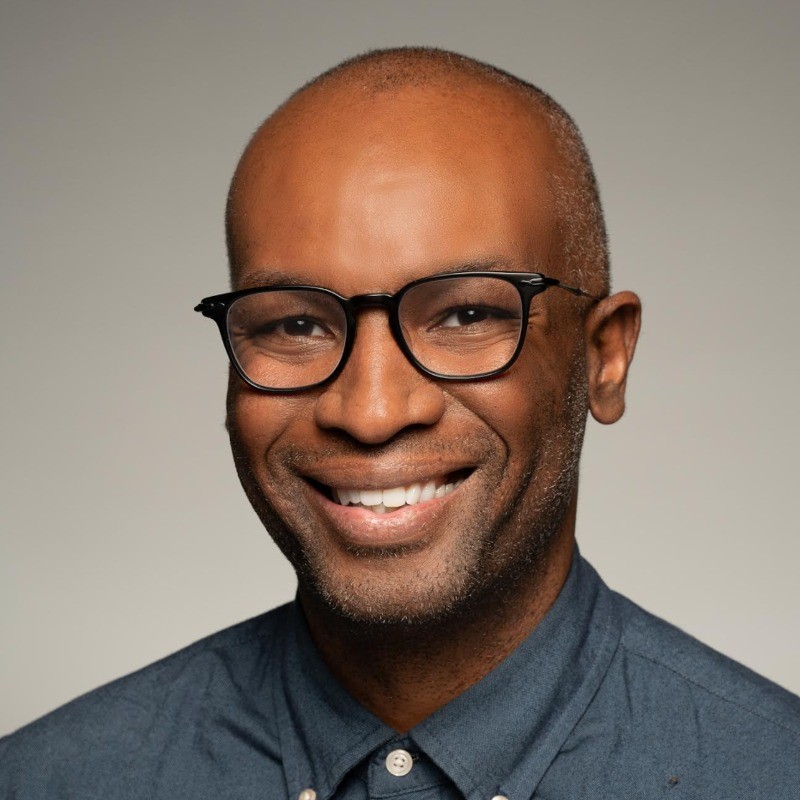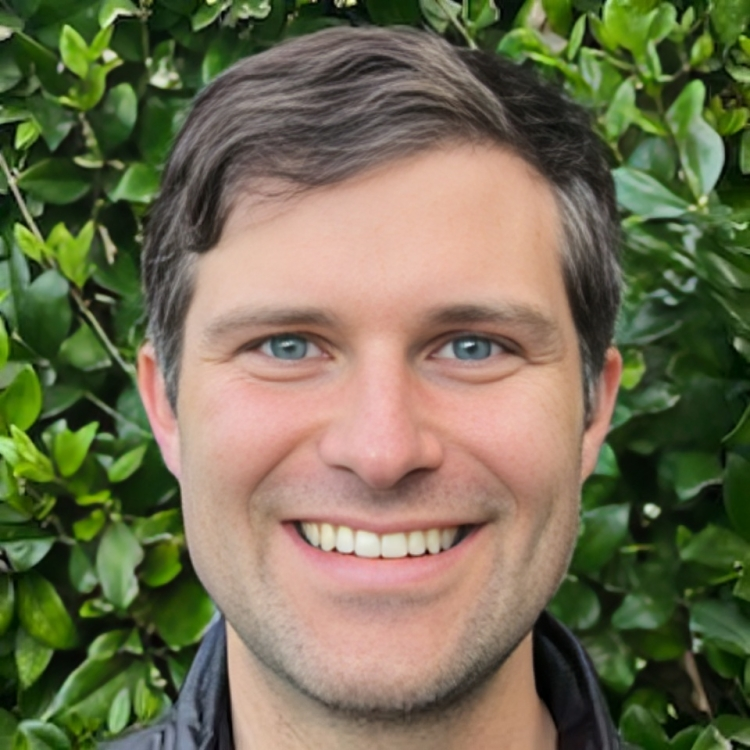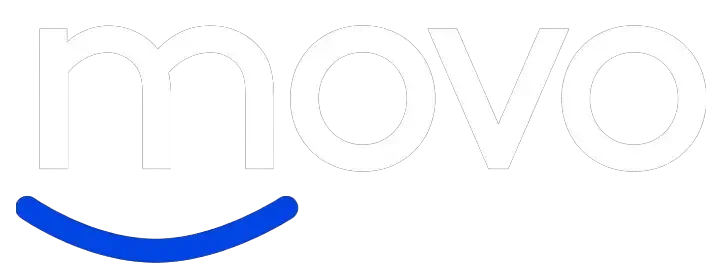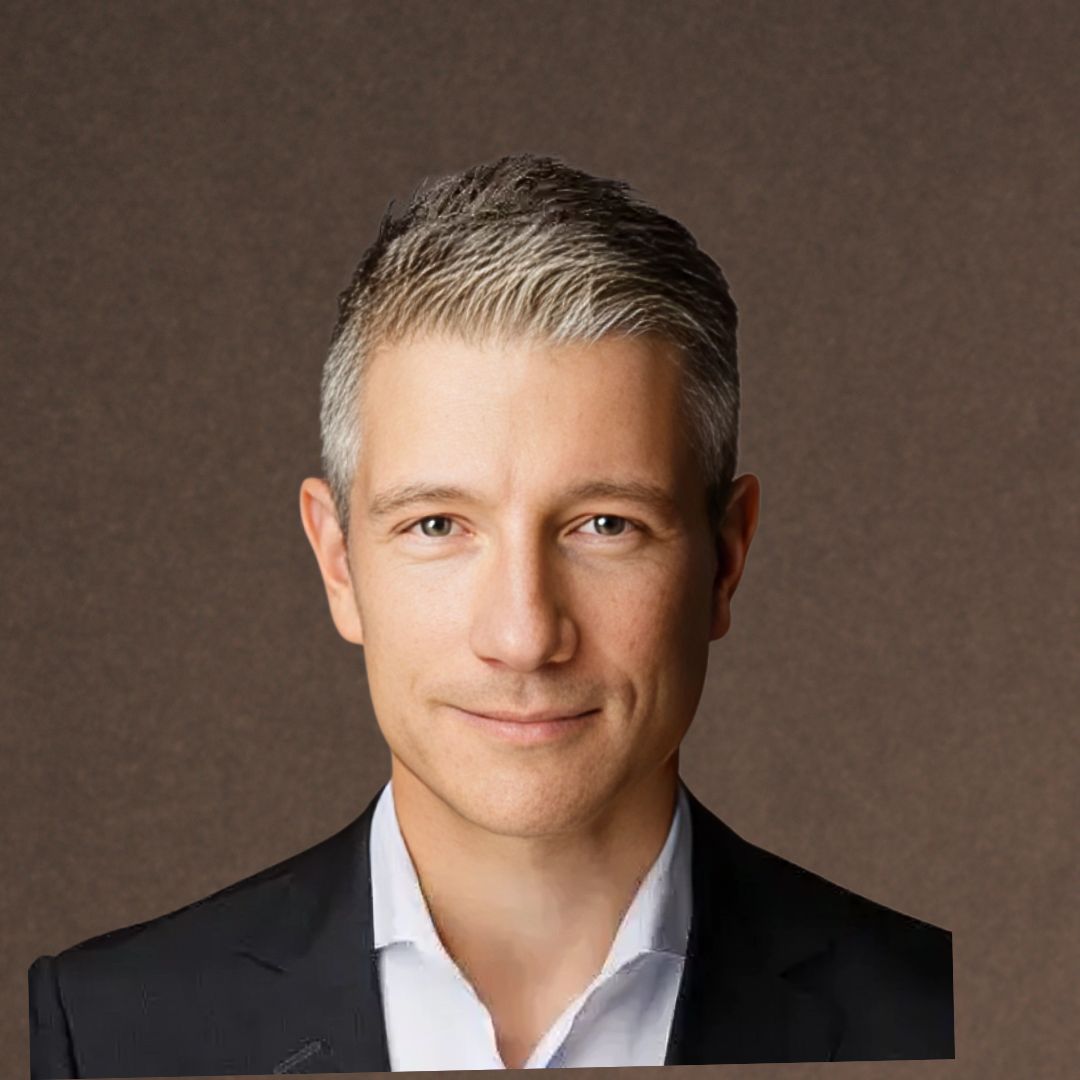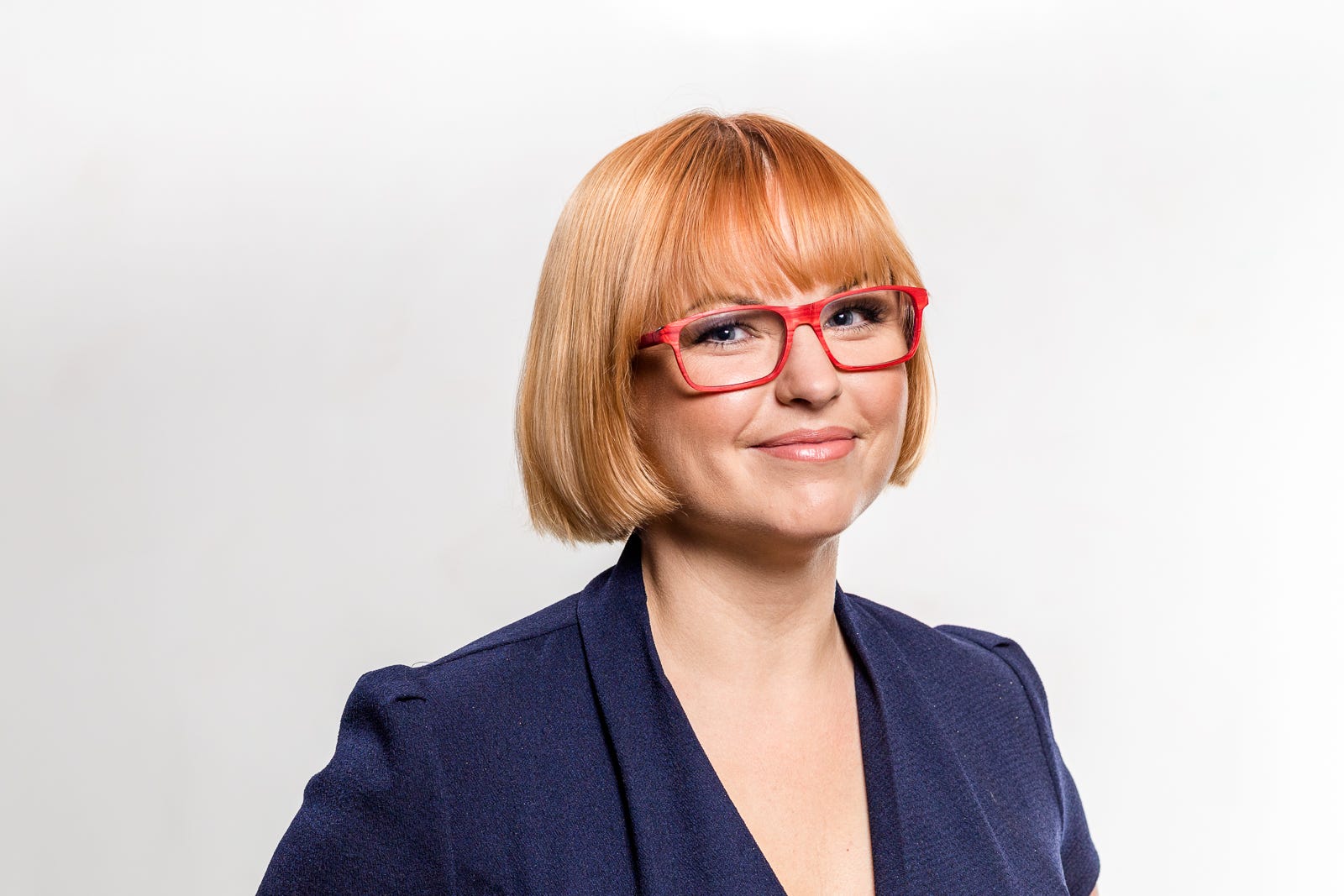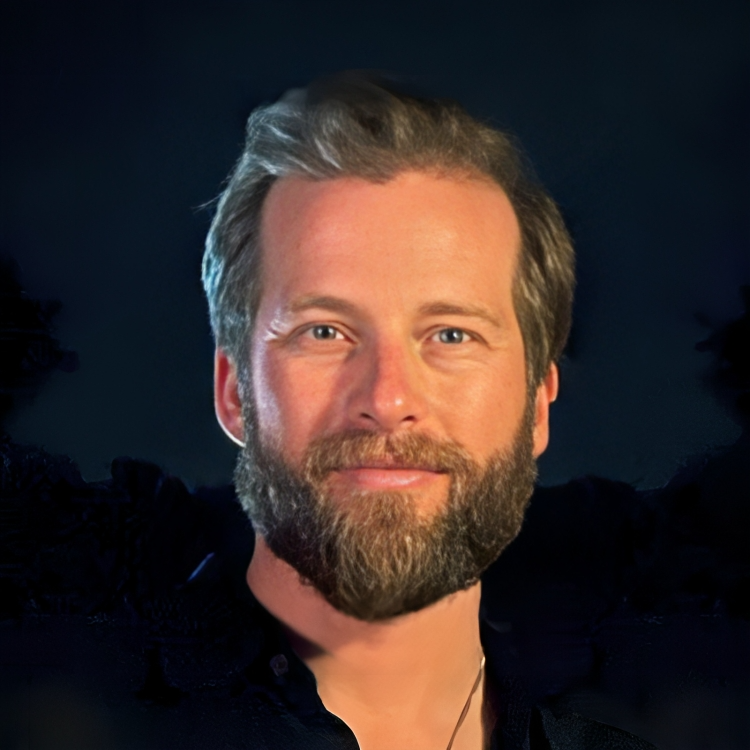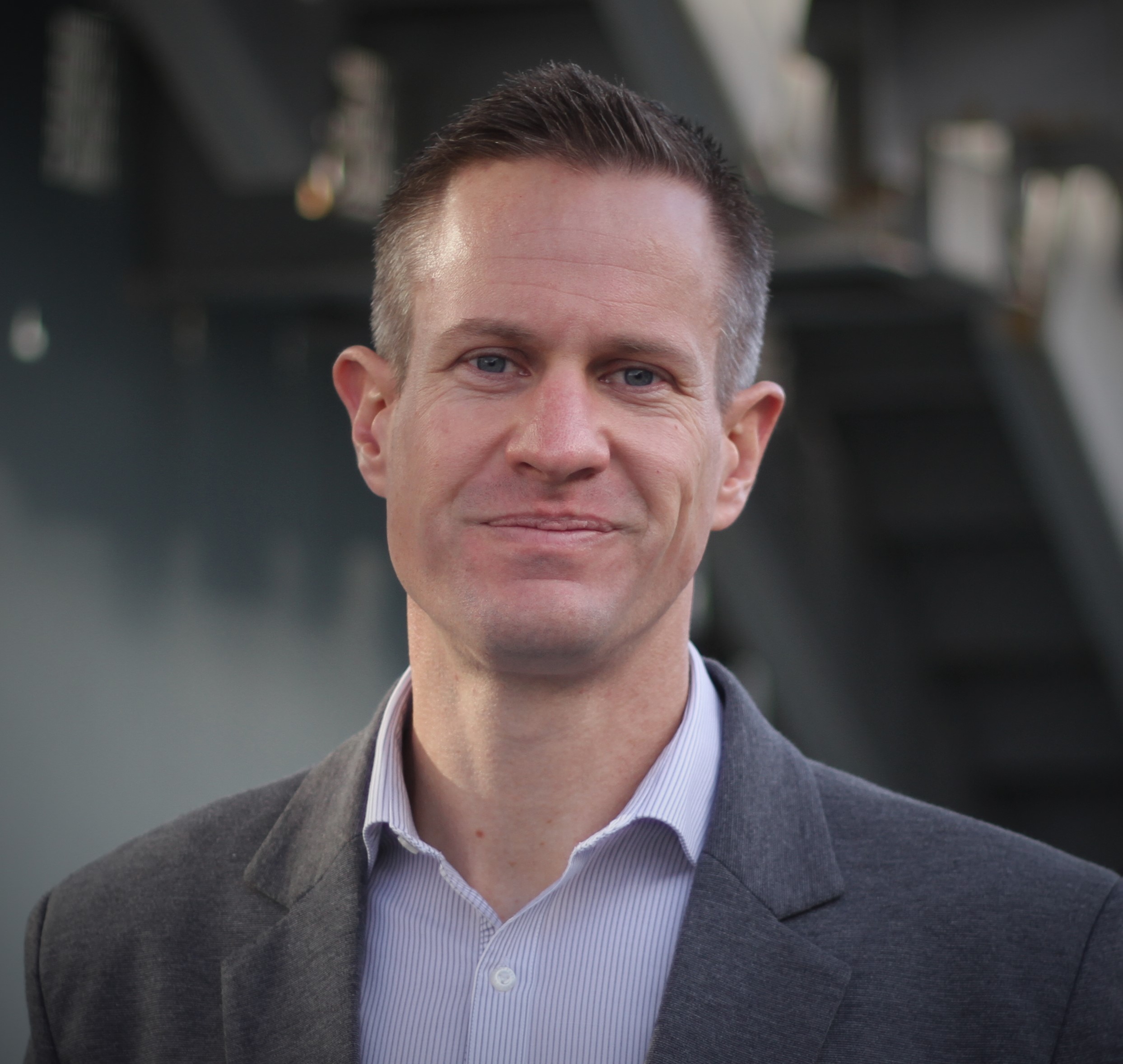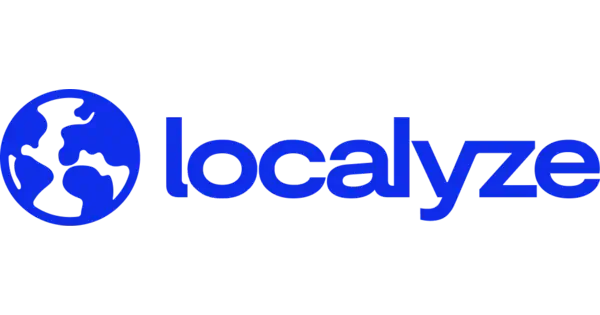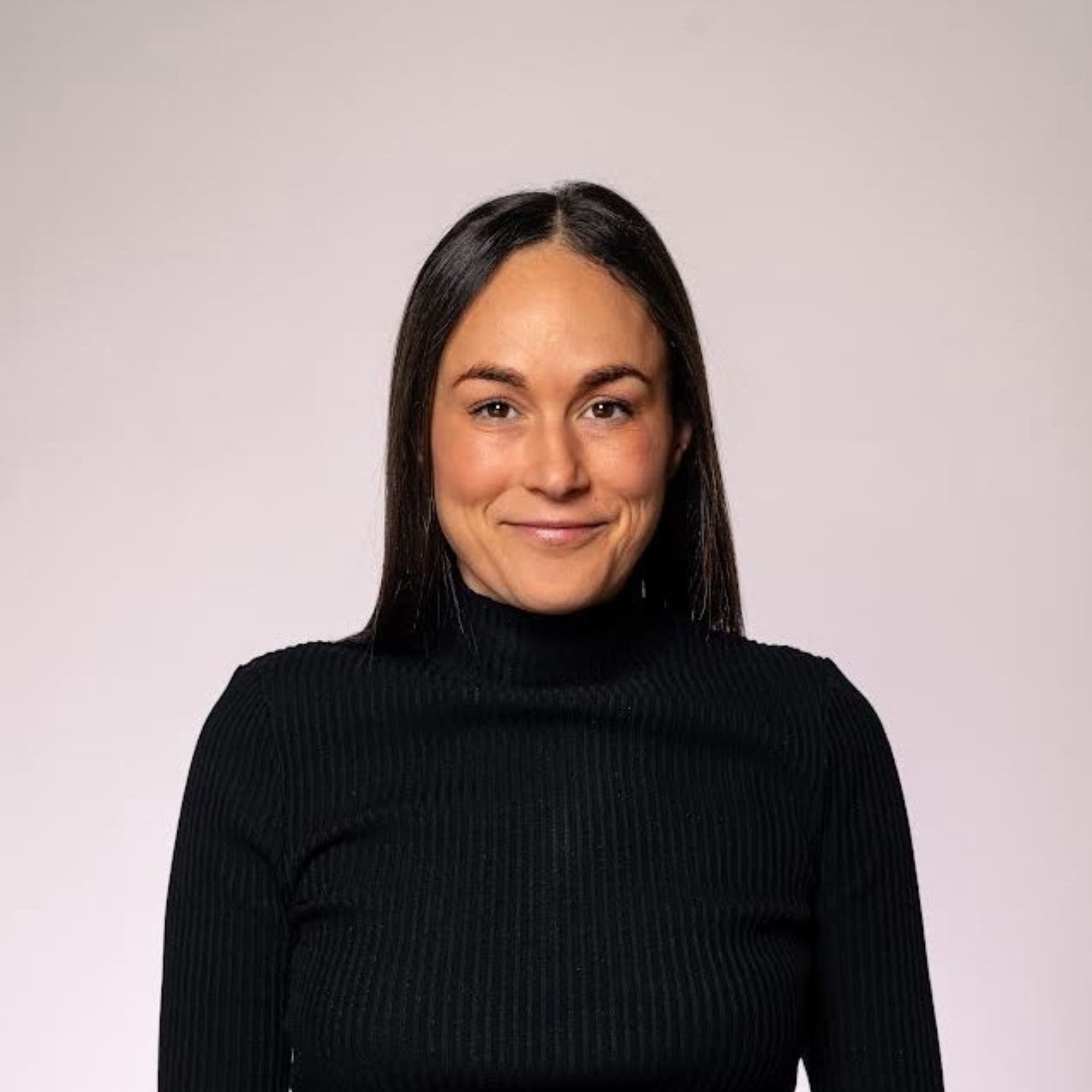Ready to build your own Founder-Led Growth engine? Book a Strategy Call
Frontlines.io | Where B2B Founders Talk GTM.
Strategic Communications Advisory For Visionary Founders
Conversation
Highlights
In our latest episode of Unicorn Builders, we dive into our recent interview with Marcelo Lebre, COO, CTO, and co-founder of Remote, a global payroll, tax and HR compliance platform that’s raised over $500 Million in funding. Here are the top 6 lessons we learned from Marcelo.
#1: Turn your anxiety into a superpower.
“Anxiety is either a super problem or a superpower. Sometimes it takes over and it’s a super problem and sometimes you can take over it and it’s a superpower. The reason for it. Anxiety exists because your body goes into primordial instinct mode and gives you all the energy to fight tigers and bears and whatever else was around the time where we needed to fight stuff to survive. That way your pituitary gland makes you see and feel these things that don’t exist. You go into hyperdrive, your heart beats faster, stronger, you’re more alert, you don’t need to sleep as much, you don’t need to eat as much. The problem with this is that if you utilize it in a way in short bursts, in the right moments for the things that you can really make use out of it, then it’s going to be amazing because it literally acts as a drug because you’re going to have superpower.
The problem is when you allow it to fester and to spread into every single thing that doesn’t need it. If you’re having coffee or tea with friends and all of a sudden you’re all jittery because you’re thinking about work rather than laughing, or you stop taking care of yourself. To me, the most important lesson was that you have to take care of yourself. When you take care of yourself doesn’t mean that you go easy or that you go slower, but you have to understand what is your maximum output. Your maximum output always comes with trade offs.
You can go at max rotation, like an engine max rev for a short period of time, but if you’re always max rev, you’re going to burn out the engine very easily. You have to understand what those limits are, where anxiety stops being a superpower and becomes a super problem. The more you get to know yourself, across the journey and the challenges, the better you’ll do on the long term. That was my long term, long arch of story around being an anxious founder.”
Actionable Takeaway: Embrace anxiety as a potential superpower by leveraging it in short, focused bursts to tackle high-impact tasks. However, be mindful of your limits and self-care needs to avoid burnout, and continually refine this balance through self-awareness and understanding your maximum sustainable output.
#2: Hyper-prioritize to manage growth and avoid complexity.
“We learned a hard lesson over 2022. At some point we had so many different initiatives across the company happening that I always had this motto, you should always keep it simple and focused. One of the worst things you can do is assume that you don’t need to hyper prioritize your work. Because as I said, the growth was so fast, honestly, unprecedented levels that no one in the company, even the best execs we had, had experienced this level of growth. You get mixed up in the weeds of your own hubris thinking that you don’t need to hyper prioritize and that you can pursue every single avenue of product, of service, of new experience, of new thing to do. In our space the possibilities are endless. You can expand to any vertical, to any horizontal, to any functional areas that are crossing the kinds of businesses that we’re building and at some point.
We looked at our financial plan and said, well this doesn’t make sense, we’re a massive company, we’re growing super fast. The fact is that we have so many products in the pipeline that we need to be faster bringing them to market. We had to take a moment to breathe and say, no, we’re not going to pursue this amount of different products, we’re going to hyper prioritize and we’re going to focus on the things that we really believe in and what is the vision for Remote? Hyper prioritization is one of the best important things that if you were to say that the only thing that matters running up any kind of business, let alone a fast growing one, which is look at the end of the day at the amount of things that you want to do, and you say, what are the top three things that I can do to really change the game and to bring it up what I want it to be?
You assume that everything else can just go down in flames and that’s it. Hyper prioritization is only active or in play when it hurts, when your brain is playing tricks and telling you but you can also do this in parallel and right away you can also do this and you should also try that. You’re hyper Prioritizing and doing it correctly when you are indeed choosing to do those things that you will be doing that play a part in the vision of the company.”
Actionable Takeaway: Prioritize ruthlessly and focus on a few key initiatives that align most strongly with your vision and could have the most substantial impact. Remember that effective hyper-prioritization may mean letting go of other opportunities, even if they seem attractive. This approach becomes critical when managing rapid growth and avoiding unsustainable complexity.
#3: Proactively evangelize the future you believe in.
“My biggest responsibility is to help bring about the future work. Anything else is, I would say, is secondary. Ever since we started, we’ve become advisors to really big companies, even companies that are not our customers. Because we possess the knowledge and the skill sets, the people and the products to solve a very important pain that is suffered across the globe in every single area. I’ve never created any gatekeeping mechanism. Over it, meaning we’ve always done, and we still do quite a lot on a weekly basis, on advisoring, mentoring, supporting. Even people, as I said, that are not our customers. Because I think we do have a duty in that respect, we started to build out possibly the best future we can for the people that come after the people that are still in need of it. Because if we live in comfortable countries, cities, locations, we have no clue about what’s going on in the rest of the world.
I think we have that of gratitude towards each other, but also of kindness. I think the future of work is very much towards improving how the human race is evolving and spends their best time on. As a company, I really believe fundamentally, that we have to play a role in it, and we are playing a role in it. We did quite a lot, and we’re still doing quite a lot in the war for Ukraine as well, to support everyone we possibly can. We work with governments across the world too. It’s an ongoing journey to make this better for literally everyone.”
Actionable Takeaway:Embrace your role as an industry advocate and evangelist, sharing your insights, knowledge, and vision with a wider audience, including non-customers. This active engagement not only positions your company as a thought leader but also helps shape the future you envision for your industry.
#4: Develop a strong POV.
“We started this company because we had a personal belief. Both my co founder and I come from almost opposing angles in a way, regarding Remote. Not angles, but vectors rather. Job, our CEO, he used to be VP of product at GitLab. As GitLab is pure remote, pure distributed company. They grew a lot. They became a reference for being a distributed company, remote company. They had a massive issue with not just hiring, but paying people compliantly across the world. Of course it’s hard, and they were doing all the good work, and they laid the foundation for a lot of what we know today to be the textbook good way of working remotely. There was an issue with, fundamental issue with how you hire people across the world, how you pay people across the world, and what work conditions you provide to them. When you look at the alternatives, they were so clunky, they were so designed either for just treating people as contractors or going the old fashioned route of employee of record. Very localized, very outdated way of employing someone that is not in the same country as a company that didn’t scale, didn’t work, was slow, painful, no one liked it, very expensive.
This was in the way of companies that needed to hire and grow fast across the world. On my end, I was VP of engineering at a time, and I felt this pain where I wanted to hire the best people in the world for a role. For one, I couldn’t convince them to move down to my country, or the country we’re operating out of. That was 1 second. Even if I could convince them, it would take significant amount of cash. Thirdly, what if people move in, they move there all their lives, and then two, three months in doesn’t work. It was a massive pain. You’d struggle to find the best candidates, it would take forever, especially you have high standards, it would take forever.
Actionable takeaway: Establish a strong point of view (POV) based on industry insights and convictions. This PoV not only guides your startup’s direction and solution development, but also serves as a powerful rallying point for your team and strategic partners, fostering unity and shared purpose.
#5: Beat out competition with a better experience:
“We’re designing an experience or product for people. We’re not in the business of creating an intermediary step between the employer and the employee, between the talent and opportunity. Our vision is to bridge that gap, is to create the opportunities for everyone across the world and to help with distribute wealth. That is our core belief and this is why we started Remote. It’s one of the reasons why we still win so much when going head to head with even some competitors in the space is because there’s a fundamental lack of understanding of what it is to serve what it is to provide employment or the facilities to pay someone and bridge the gap between talent and opportunity and doing it in a way that is transparent to everyone, that is clear and that optimizes for what the future of work should be. The future of work should not be another EOR solution or another middle step.
It should just be you getting the best job you can possibly get around the world, your employer doing the best hire they can possibly hire across the globe for their budget, and that should be it. Anything else, it plays no part. All the things that you can do to make that better.
If you create a great experience out of a great product, there’s nothing else that you need to be worried about, to be honest.”
Actionable takeaway: Beat competition by prioritizing a superior, user-focused experience in your product design. Keep processes direct, transparent, and as simplified as possible, removing unnecessary intermediary steps. A well-designed product that solves complex problems and bridges crucial gaps for your users can significantly differentiate your business in the market.
#6: Don’t let your valuation distract you from your vision.
Most founders raising venture capital to build a tech startup aspire to achieve the milestone of building a company worth one billion dollars so, I asked Marcelo what it was like for him the day Remote became a unicorn. Here’s what he said about that day:
“I don’t think that day has arrived yet. Remote is, as the brand calls it, we’re fully remote. We don’t have an office. The whole team is distributed across the globe and in over 100 countries. The interactions that happen on a day to day basis, the amount of people that I personally know, probably like 50 people, even though the company today is over 1000. Actually, when I think about Remote, in my mind it’s always those 50 people, maybe 100 tops. Because I work from home, my home and my home office, I never got that sense of walking into a massive building and having your brand in a big logo or something. I never had that feeling of, holy shit, this is massive. I see the amount of people we employ across the world and the customers that we have and the numbers, the amount of people that we add every single month, sometimes day.
It does share a bit of that oomph but I have no idea what it means because to me it doesn’t feel more like the day that we started as our vision is still unfulfilled, right? We’re still starting that. So, long story short, I don’t know if I’ve ever had that epiphany moment.
I think that the day that you either end up on a IPOing or something similar, that you see the name of your company in a recognized stock exchange, then it will probably start having that holy shit, this is real. But I don’t think that before then.”
Actionable takeaway: Even when your company grows rapidly, it’s crucial to stay grounded and focused on your original mission. Regardless of your company’s size or valuation, your vision and commitment to the problem you’re solving should remain your primary driver. The real “holy shit” moment comes when you see the tangible impact of your work, not merely a valuation or a number of employees.

